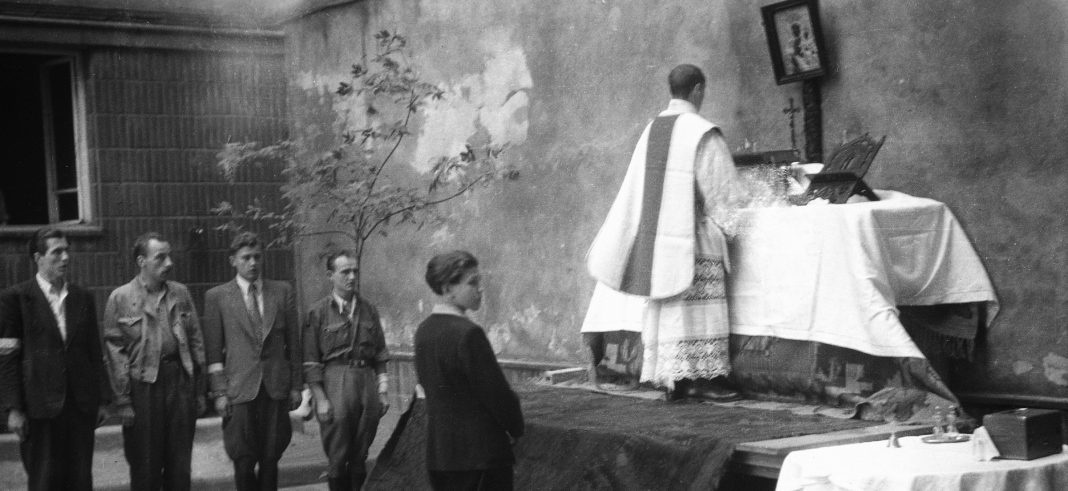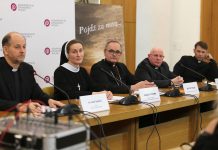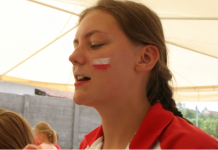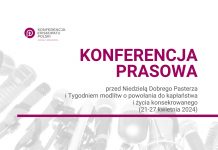During the sixty-three days of the Warsaw Uprising, which was the biggest revolt of the population against the Nazi occupants during World War II, about 150 diocesan priests and many nuns provided the insurgents and civilians with pastoral and medical care, and shelter.
The chaplains of the Uprising celebrated Holy Masses among falling bombs and artillery shells, celebrated religious services in the places of alarm gatherings, blessed the flags of the troops, confessed, distributed Holy Communion, absolved in articulo mortis (in the face of death), buried the dead. They also baptized children and blessed marriages.
About forty chaplains were killed. Among them there was Fr. Michal Czartoryski, a Dominican who did not want to leave the seriously wounded from the field hospital in Powisle and was shot by the Germans together with them. As well Fr. Jozef Stanek, a Pallottine, who was helping the wounded and dying and civilians to the very end. The Germans hung him with his own stole. Both priests are among 108 martyrs of World War II who were beatified by John Paul II in 1999 in Warsaw.
Among the chaplains of the Uprising there were also widely known priests like Fr. Stefan Wyszynski – later Primate of Poland, Fr. Jan Zieja, or Bishop Stanislaw Adamski, who risked their lives to administer the sacraments to the insurgents and help the civilians. Fr. Wyszynski also confessed the wounded Germans because he knew German well.
The insurgents and civilians were also helped by nuns from more than 20 religious congregations. With the greatest sacrifice, they gave shelter to the combatants and civilians, fed them, and provided care for the wounded. Out of about 200 field hospitals, several dozen were located in female monasteries. From the very first day of the Uprising, the nuns carried the wounded from the places where battles took place. Such fearless nurses were the Grey Ursulines from Powisle, who saved many people. Four of them died from bullets just a few hours after the outbreak of the Uprising, after they ran out of the monastery with stretchers in order to help the wounded.
The nuns also made spiritual sacrifices for their town and its inhabitants during the Uprising, seeing how much suffering and tragedy there was around. Thus, the Benedictine Nuns of Perpetual Adoration of the Blessed Sacrament consciously sacrificed their lives for Poland to be free and belong to Christ. On August 31, 1944, during the German bombing of their church and monastery, 37 nuns died under the rubble. Priests, insurgents, orphans, and civilians seeking shelter in their church died together with them.
Press Office of the Polish Bishops’ Conference
Photo: Internet resources

 English
English







